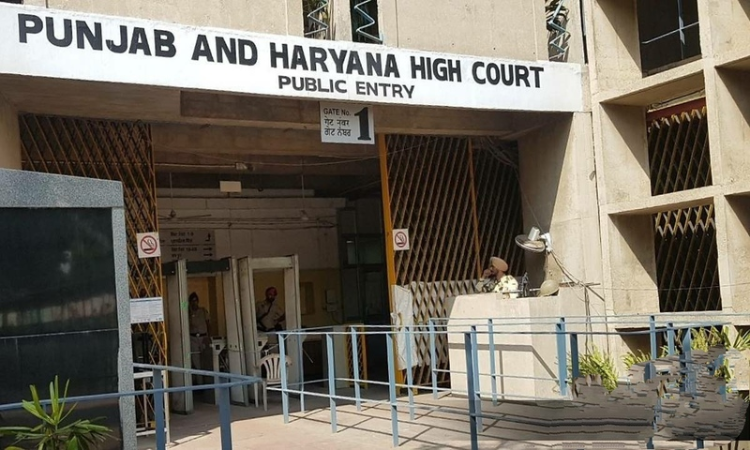A prolonged marital conflict spanning 18 years came to a conclusion as a 70-year-old farmer from Haryana’s Karnal district, Subash Chand, formally ended his 44-year marriage with Santosh Kumari, 73, after paying a substantial alimony of ₹3.1 crore. The settlement, mediated by the Punjab and Haryana High Court, also ensured that Chand’s wife and children relinquished all claims to his property, even after his death.
The high court validated the agreement, which included payments in cash, agricultural earnings, and gold ornaments. The divorce marks the culmination of a legal and emotional struggle that began in 2006 when Chand filed for separation citing mental cruelty.
Decades of Discord Lead to Divorce Settlement
The couple married in August 1980 and had four children, one of whom passed away. They separated in 2006 due to irreconcilable temperamental differences. Subash Chand filed for divorce, citing mental cruelty. However, his petition was dismissed by a family court in Karnal in 2013.
Refusing to concede, Chand appealed to the Punjab and Haryana High Court. After 11 years of ongoing proceedings, the case was referred to mediation in November 2023. The court-appointed Mediation and Conciliation Centre facilitated a settlement, and the marriage was dissolved last week.
₹3.1 Crore Alimony Paid in Multiple Installments
To fulfill the settlement terms, Chand sold agricultural land, crops, and gold ornaments. Advocate Rajinder Goel, who represented Chand, outlined the alimony payments:
- ₹2.16 crore was paid via demand drafts.
- ₹50 lakh came from crop sales.
- ₹40 lakh was provided in the form of gold and silver ornaments.
The legal agreement explicitly stated that Santosh Kumari and her children would relinquish all claims against Chand’s property, both during his lifetime and after his death. Chand’s estate, as per the agreement, will pass to other legal heirs, excluding Kumari and her children.
High Court Validates Settlement
The divorce settlement was formalized by a bench comprising Justices Sudhir Singh and Jasjit Singh Bedi, who validated the agreement. They acknowledged that the alimony amount served as a permanent settlement, ending any future disputes over Chand’s assets.
“The wife and children will have no claims against the first party (Chand) or his successors. Even after his death, the estate left behind will devolve as per succession, excluding the second (wife) and third party (children),” the agreement stated.

Understanding Alimony: A Complex Legal Terrain
Alimony refers to a financial settlement paid by one spouse to the other post-divorce. It aims to provide financial security, especially when one partner lacks independent means of sustenance. While it is intended to ensure justice, alimony laws in India often face criticism for their perceived bias against male partners.
Men frequently bear the burden of hefty settlements, as seen in Chand’s case. Advocates for gender-neutral laws argue that the system disproportionately affects men, particularly when allegations of cruelty and financial extortion arise.
Tragic Case Highlights Alimony Law Concerns
The case of Subash Chand is a stark reminder of the financial and emotional toll marital disputes can take. However, it pales in comparison to the tragic suicide of Atul Subhash, a man who ended his life after a long-standing battle with his wife’s alleged cruelty and an unjust alimony demand.
In a heartbreaking 24-page suicide note, Atul detailed years of emotional abuse and financial strain, citing the legal system’s failure to protect him. His death sparked debates on the need for reforms in India’s alimony laws, particularly for men who face disproportionate hardships.
Calls for Reform in Alimony Laws
Chand’s case and Atul’s tragedy underline the urgency for legal reforms to ensure fair and equitable alimony settlements. Experts suggest that India should adopt a more balanced approach, considering both partners’ financial capabilities and circumstances.


